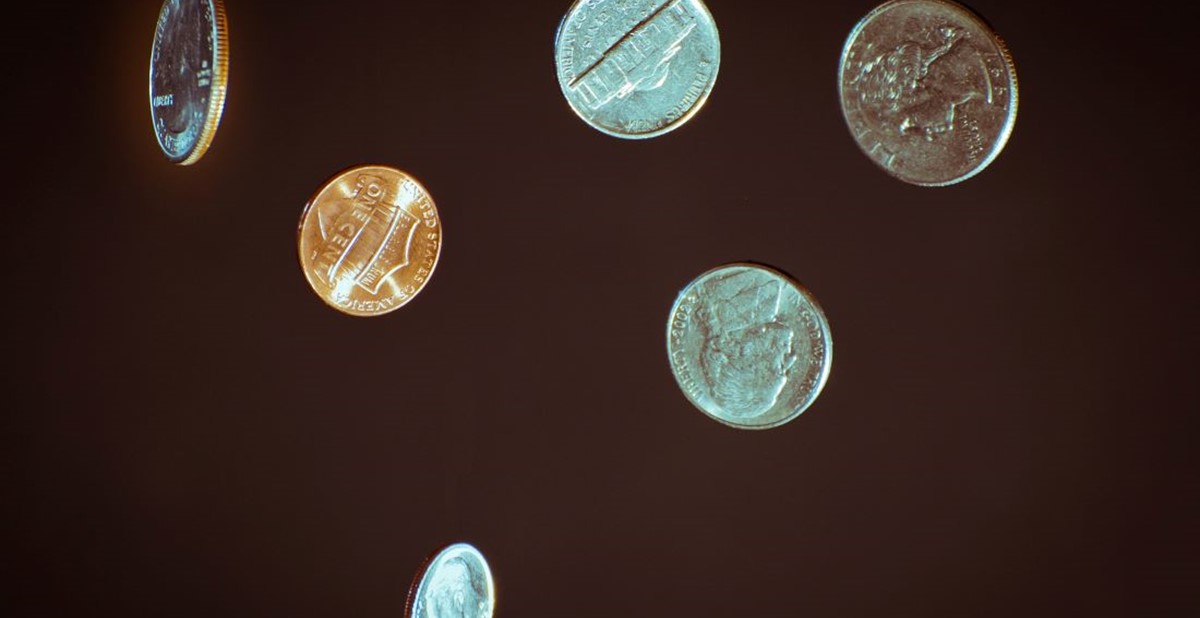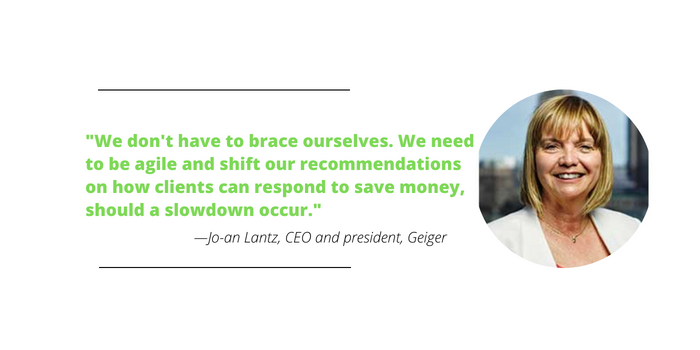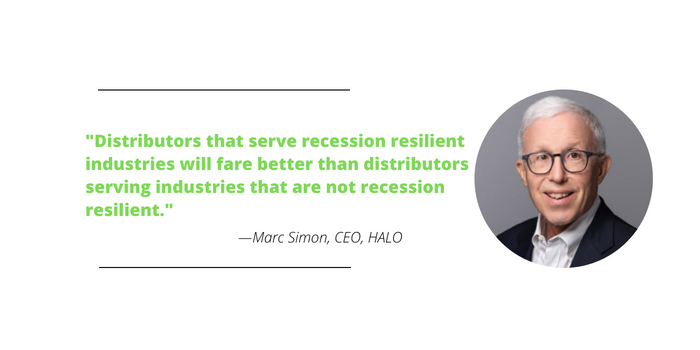As Recession Worries Increase, CEOs Weigh Preparations

A new forecast by the International Monetary Fund (IMF) warns that ‘the worst is yet to come’ for the worldwide economy, with a global recession considered likely in 2023.
The report suggests that global growth will shrink to 2.7%, a number lower even than forecasts predicted as recent as July. The war in Ukraine, rising inflation and continued global ramifications of the COVID-19 pandemic all continue to affect the world’s economic outlook.
The Forecast
The IMF lays out the reasons that a global recession is likely in 2023. The only times the global economy has had weaker prospects since 2001 were during the 2008 financial crisis and the strictest portion of COVID-19 restrictions.
- Rising inflation has been a continuing issue across much of the economic world. The reasons for inflation are an accumulation of factors over the past few years, and the ways in which financial institutions are trying to combat it, especially rising interest rates, are creating their own ripple effect – referred to in the forecast as “instability” – on the economy.
- Tactics, most notably the raising of interest rates, are not working as quickly as economists would have hoped.
- The forecast predicts that inflation will peak at some point before 2023 but will continue at an uncomfortably high level longer than expected.
China represents one of the largest economies in the world, and the forecast suggests modest growth (4.4% in 2023) for the country due largely to its strict policies to curb the spread of COVID-19.
“Given the size of China’s economy and its importance for global supply chains, this will weigh heavily on global trade and activity,” the forecast says.

Promo Perspective:
While strong global economic growth is always preferred, it’s important to remember that, when dealing with such an enormously broad topic, the ramifications of these findings are not universally negative for every sector, including promotional products. High instability typically means one thing will affect another in a big way, but who it affects and how will vary.
China’s economy, for example, is clearly linked to the shipping of promotional products, given how many companies currently rely on the country for manufacturing. However, as covered in a recent PPAI Media story, promo companies importing goods should see reductions in shipping costs [soon] as carriers are looking to lock in volume orders.
We are also experiencing a very strong U.S. dollar at the moment, which is favorable for importers, and can benefit promotional products companies in the United States, while potentially causing more economic problems abroad.
“When you have a really strong U.S. dollar, and we’re an import-intensive nation, you’re leveraging that purchasing power from the strong local currency and importing cheaper goods,” Connor Lokar, ITR Economics’ senior forecaster said at PPAI’s North American Leadership Conference in August. “You’re also, unfortunately, forcing inflation-importation onto non-U.S. currencies.”
Jo-an Lantz, president and CEO of Geiger, says that preparation for a potential recession is less about knowing exactly if and when that might happen and more about understanding how promotional products can help clients who may have to weather difficult economic conditions.
“Our role, as professionals, is to recommend how clients can promote their brands, especially during times of economic difficulty, and save money,” Lantz says. “There are so many options. Companies, during a recession, need to advertise in ways that provide the best value.”
Ross Silverstein, CEO of distributor iPROMOTEu, agrees that a strong distributorship should enable its clients and affiliates to succeed through difficult economic times, as no company can control the global or domestic economy.
“What we can do is help prepare our affiliates for a potential economic slowdown and arm them with a multitude of sales and marketing tools to help them prosper,” Silverstein says.
No industry should be so bold as to consider itself “recession proof,” but promotional products have proven useful and profitable during difficult times.

Marc Simon, CEO of HALO, makes the point that promotional products apply to a huge swath of industries, and the ones that are better equipped to handle an economic downturn will keep the promo industry busy with their business.
“Distributors that serve recession resilient industries will fare better than distributors serving industries that are not recession resilient," Simon says.
When economic conditions tighten for clients, promo companies need to be considered a lifeline rather than an additional expense.
“The distributors that can deliver essential, business-driving services for clients will remain more resilient and better manage through this economic cycle,” Simon says.
Even with what we know about rising interest rates and inflation, Lantz wonders if hardline predictions of a recession can be something of a “self-fulfilling prophecy.”
To her, the industry does not need to brace for hard times as much as it needs to use a forecast like this to anticipate client needs, continuing to demonstrate value.
“We don’t have to brace ourselves,” says Lantz. “We need to be agile and shift our recommendations on how clients can respond to save money, should a slowdown occur.”

